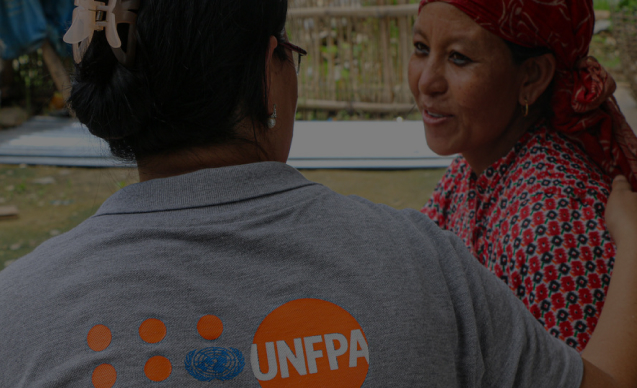UNFPA in Armenia
UNFPA has launched its activities in Armenia in 1999, concentrating its assistance in following four mandated areas: reproductive health and rights, population and development strategies, gender equality and youth.
Projects
- Strengthening Sexual and Reproductive Health Project
- Support to Implementation of Population Policies Project
- Combating Gender Based Violence in the South Caucasus Project
- Reproductive Health Initiative for Youth in the South Caucasus Project
Major Achievements
- Establishment of “Traveling Gynecologist” and “Rapid Response System” in the country for hard-to-reach and poor areas contributing to decrease of maternal mortality ratio from 43.2 per 100,000 live births for 1999-2001 to 28.5 in 2006-2008;
- Establishment of 75 Family planning units in the country, which provide medical counseling service and modern contraceptives resulting in increase of the contraceptive prevalence rate from less than 1 % in 1994 to 20 % in 2005;
- Introduction of reproductive health and gender into mandatory curriculum of the military;
- Introduction of demography course into the Yerevan State University curriculum of Master’s Degree programmes;
- Adoption of the Strategy of the Demographic Policy of the Republic of Armenia and its Action Plan (2009-2035);
- Incorporation of healthy lifestyle and health education, including reproductive health, into curriculum of the secondary educational institutions (8-9 grades of schools);
- Support to development and adoption of the National Strategy, Program and Actions Timeframe on Reproductive Health Improvement (2007-2015).
- Developed policies and legislation to improve access to high-quality reproductive health services and commodities for vulnerable groups;
- Strengthened capacities of health-care providers to provide high-quality sexual and reproductive health and HIV/AIDS prevention services;
- Increased awareness of and demand for reproductive health and family planning services among women, youth and adolescents.
- Strengthened national capacities to implement the 2011 census, and to collect, analyze and manage gender-and age-disaggregated socio-economic data;
- Strengthened capacity of government institutions to develop and implement social policies and programmes.
- Increased national and local capacity to ensure gender equality and the empowerment of women, and to combat gender-based violence;
- Increased awareness and knowledge of the population on gender issues, gender-based violence, and sexual and reproductive rights.




